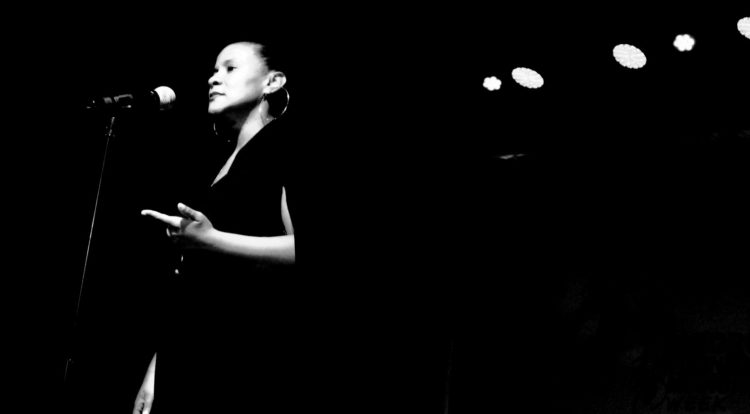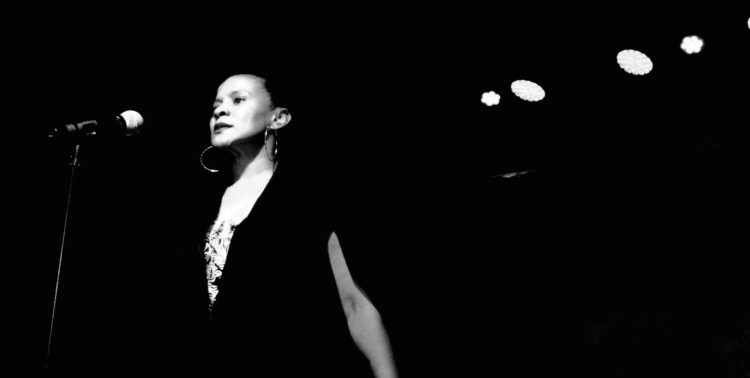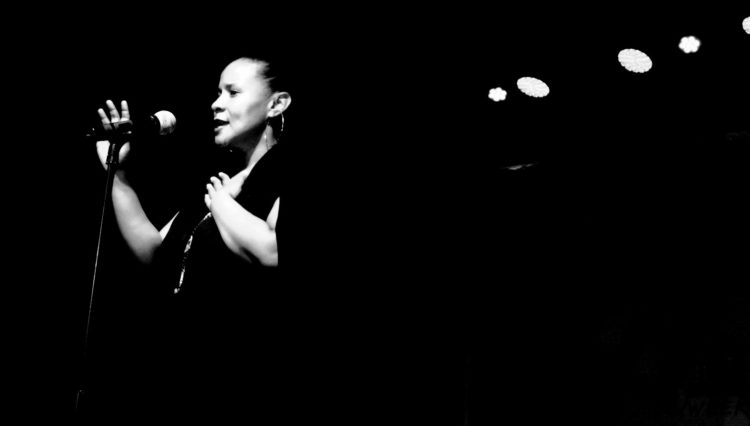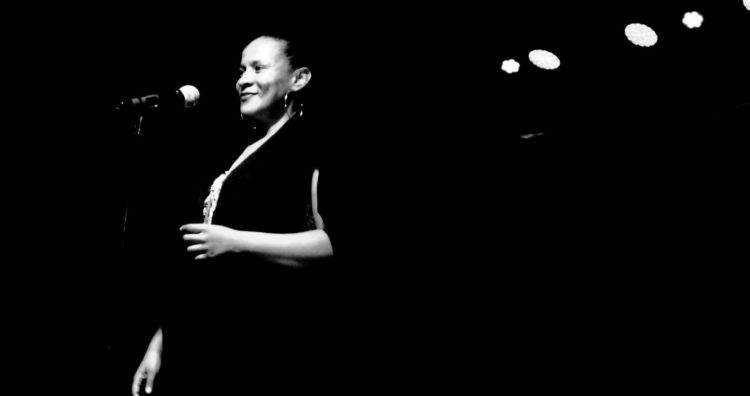‘But I hold a pen for every witch and bitch
With black magic in her genes.’
For centuries, from Nigeria to Ancient Greece, many religions have worshipped the Divine Feminine; female deities revered for both their caring, nurturing nature as well as their wrath.
Over the years women who’ve tapped into the Spirit of The Mother and her teachings all over the world have been dubbed witches due to their ability to both create and destroy, to disturb and calm, and above all else, to heal and hurt. Mortal women are powerful enough as is but the idea of a woman who could invoke otherworldly help has driven organised religion and society into a frenzy. When we all allegedly believe in freedom of speech and worship, identifying as a witch still causes a problem.
Should there be a religious revolution, chances are there will be a witch’s voice behind it, guiding the rest forward.
Witchcraft though is larger than what we’ve been taught. It does not require cauldrons and eye of newt. It is a practice that is surely about rituals, but anything could be a ritual – from brushing your teeth every morning to a cup of tea before bedtime.
The issue, I believe, when it comes to the rituals witches practice, is not just that they’re mainly in a woman’s best interests but that they show power that defies and exceeds that of men, who’ve tried their hardest throughout history to ascertain their dominance – and the practice stands to spread like wildfire should more women choose to get up from under the thumb of oppression and seek out a religion that is in their best interests. Should there be a religious revolution, chances are there will be a witch’s voice behind it, guiding the rest forward.
Lebo Mashile walks on stage, quiet and demure, with a broad smile on her face. The women in the crowd either start silently crying or cover their mouths with their hands in awe. The men, obviously already avid fans, don’t leer or catcall for once. They clap and whoop and make those weird sounds men generally make when they’re excited. She looks thankful, humbled even, and as she prepares to start, a hush falls over the crowd.
I only tune back in when she mentions rituals. I sense the room tense up as she says the word.
‘When you keep things simple, people understand,’ she tells me later as we discuss her poetry. Lebo weaves through tales of apartheid, poverty, rape and death with ease at no point in time losing her audience. Well, except for me, that is. I can hear her on stage but I’m not exactly listening, I’m staring at the way the light above her afro makes her look like she has a halo above her head and how her all black outfit never moves out of place as she flails her arms and tells the truth. The truth about our families, our lovers, us.
I only tune back in when she mentions rituals. I sense the room tense up as she says the word. They forget we regularly sacrifice cows and goats to our ancestors as well as milk out our breasts when we come home, if we’re breastfeeding, so as to remove whatever ills we may have come upon in the outside world. They forget that for us Africans, the word is bigger and broader than graveyards and pentagrams – bigger than Hollywood – it is a part of our everyday lives. As I look up on stage I see a faint smile on her lips as she notices and tucks away the audience’s discomfort.
Much like her poetry, Lebo isn’t frivolous and one dimensional. You can’t talk to most poets about a lot of things – just arts, politics and revolution – but Lebo, I think, is so used to expressing herself that it’s hard to get a word in edgewise. She reminds me of my grandmother, who’s a practicing witch herself and has been since before I was born. The similarities between how they speak, self assured and engaging, how they sit, back straight and sturdy and how they laugh, loudly and gleefully, no matter the setting, strike me as soon as I sit down with her. I want to ask her if she knows she’s a healer but I’m certain the answer would be a Yes.
Lebo Mashile’s art isn’t purposeless and she’s already had fame so that’s not what drives her. Her face screws up as we discuss ‘making it’ young – something I myself have struggled with for a long time. Lebo was on TV way before I even knew what she was on about. I never quite got L’Attitude, her TV show, but I knew that I loved the host and the way she spoke and conducted interviews. Lebo had a way of wholly focusing her attention on people and truly trying to make a connection with them. Her poetry was almost always too political for me too, as a pre teen and if we’re to put it simply, I really knew nothing of her craft, rather, I knew I liked her.
At 37 she’s a published author, executive producer, poet, independent record producer, corporate and independent MC, life skills facilitator/ speaker and TV presenter. ‘The majority of my money actually comes from corporate gigs,’ she tells me. ‘So I don’t get to do the more… fun stuff, often. I miss it sometimes but I’m a mom now and the babies have to eat, you know? I’m not saying I’ve sold out but everything has it’s time and place.’
I think everyone knows what they’re signing up for when they book me.
I enquire as to whether the corporates never try to muzzle her, considering how she’s notorious for her frank speech and lack of fear when it comes to criticising the government. ‘I think everyone knows what they’re signing up for when they book me by now,’she says, laughing.
‘Fame is a really weird thing. I mean, you have all these people around you and not everyone wants the best for you but at a young age, you don’t know that. You don’t know the lengths people will go to be malicious, and I don’t even think you even have the time to slow down and pick up on it cos there’s so much going on. I was so busy when I first became famous that a lot of things just went over my head. It took me growing and having my kids and switching some things around to truly notice who was there and who wasn’t,’ she says.
‘Intuition. Maybe had I listened to my intuition at the time it would have saved me from a lot of crap but it happened and I learned from it so I guess it wasn’t all in vain, you know?’
As any good witch will tell you, the key to truly tapping into yourself and your surroundings is to simply pay attention – to your thoughts, your health, the behaviour of those around you etc. One might say it’s equal parts common sense and mysticism.
And what of motherhood? We’ve had more than our fair share of exchanges on the topic online, from people respecting personal space during pregnancy to trusting someone else to look after your little one, but when I finally meet her I’m keen to find out what she, a mother of two now, has learned so far on her journey into motherhood – creating a human being is the ultimate form of art, some might say (You just have to hope your masterpiece turns out to be one).
Parenting has held up a mirror to everything that I love and everything that I loathe about myself and about the world.
‘Parenting has held up a mirror to everything that I love and everything that I loathe about myself and about the world. It’s taught me that the society that we live in is anti-mother, anti-life, anti-family. It’s deepened my commitment to feminism. It’s deepened my understanding of what feminism is. It’s not glib statements, it’s not an intellectual philosophy, it’s a life-sustaining philosophy – a day-to-day life-sustaining philosophy.’
As she says this I can’t help but feel like ultimately, everything returns back to the same point – The Divine Feminine. Here Lebo is, a mother, a media maven, a teacher and above all else, a woman, who simply tapped into herself and learned all she needed to, to get herself forward. She never stopped learning, never settled and as Erykah Badu would say, let go of that which no longer helped her grow when she needed to, and in her presence I felt raw power – not sorcery so much but the kind that comes with being self-assured and confident in not just knowing who one is, but what they know. Mortal women are powerful enough.
She is kind, she is warm, she is wise, and gives of that wisdom freely, like a Goddess would. ‘The path that I’ve chosen in life is one I will never, ever regret. I now know that I’m powerful – as a woman, as a poet, as someone with life and a voice, I am powerful. I stand today as the woman I wanted to be. Not many people can say that, and I’m thankful for it.’




